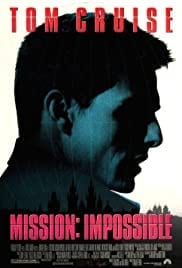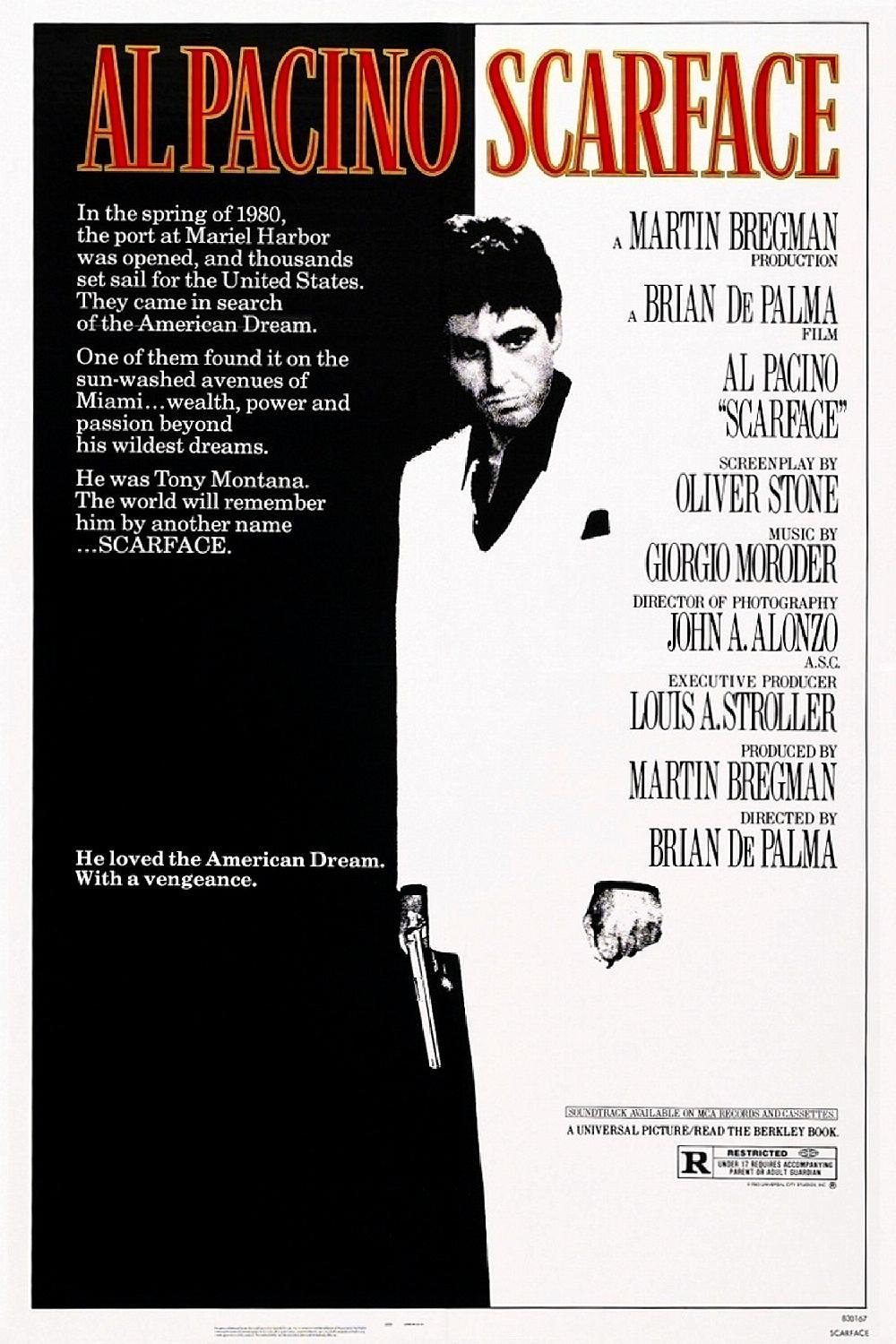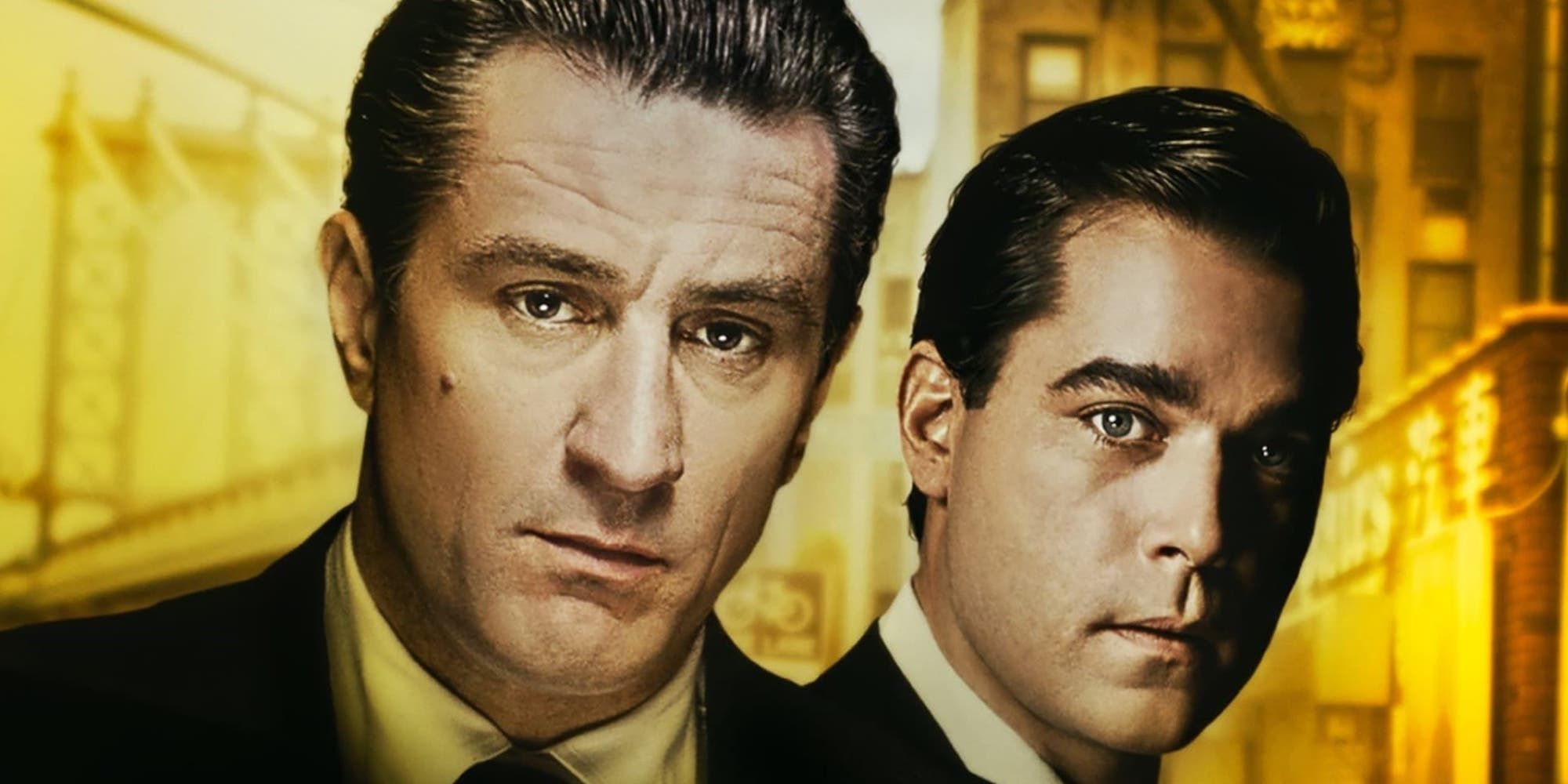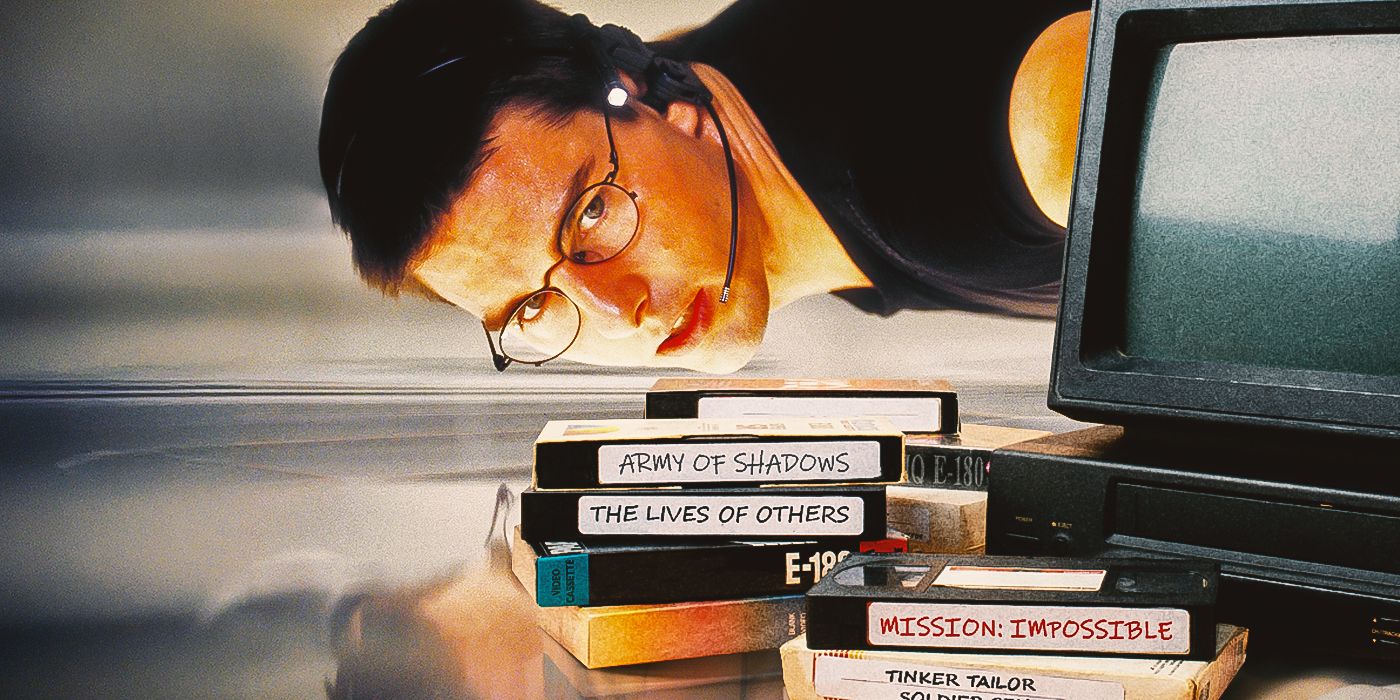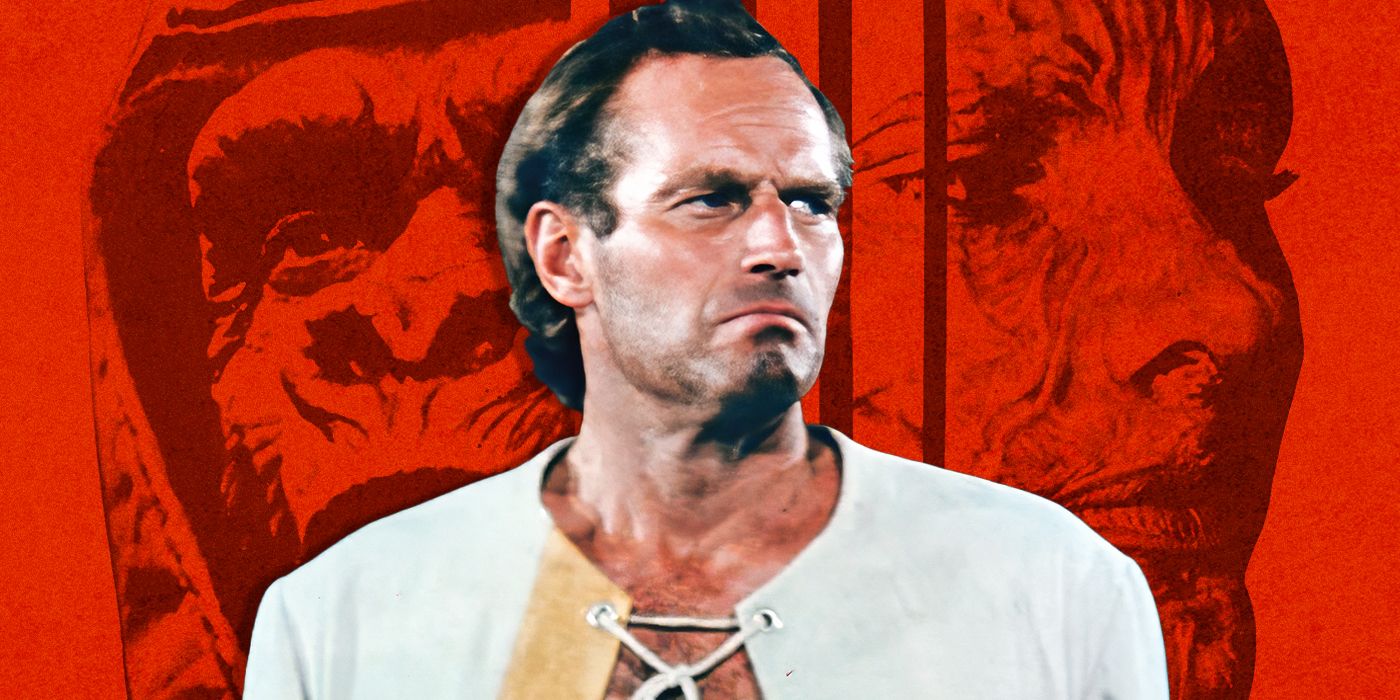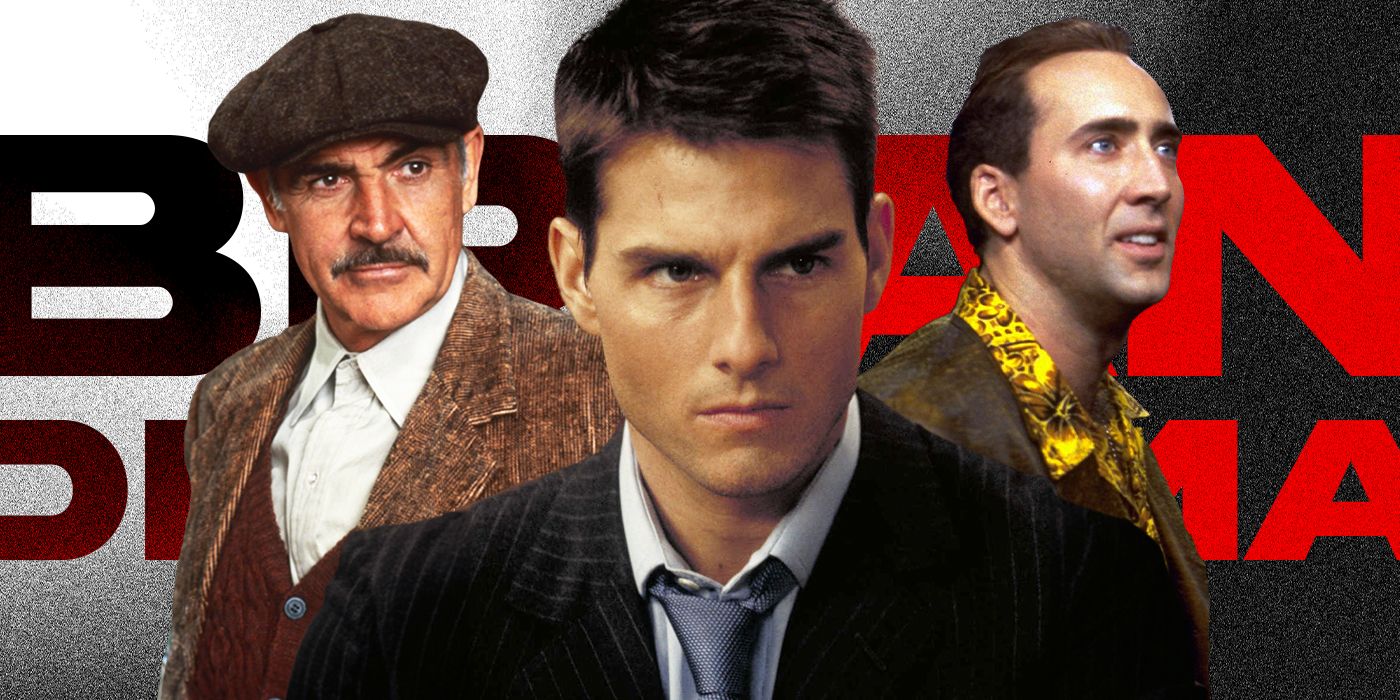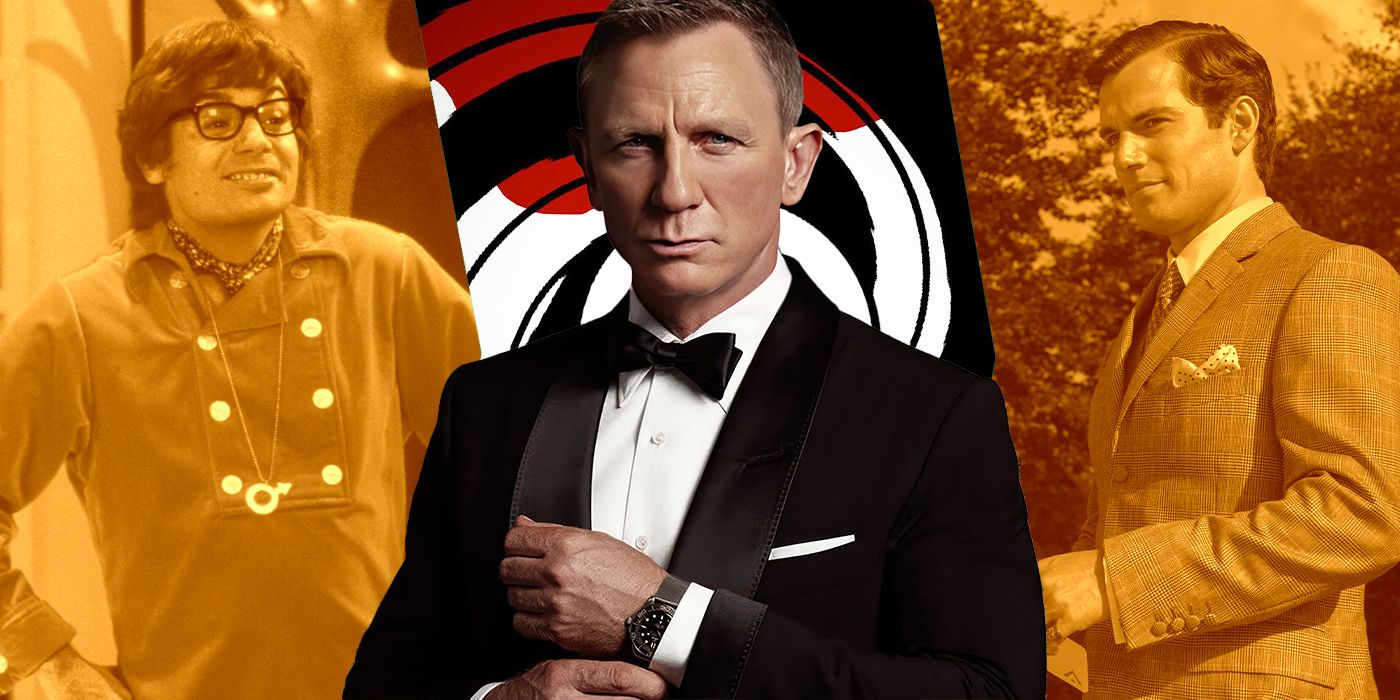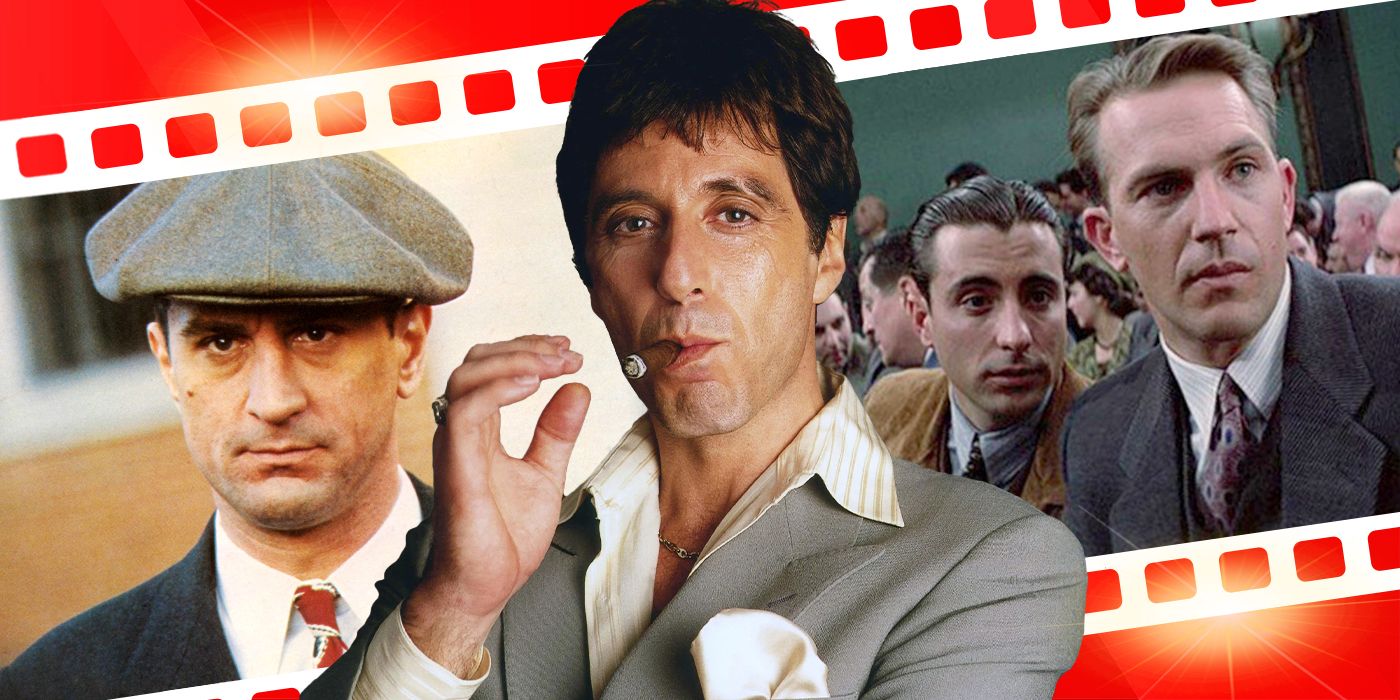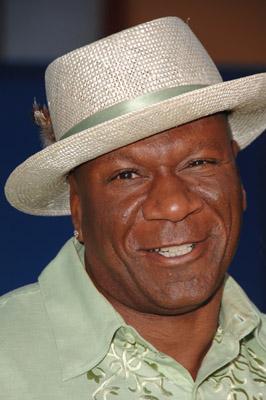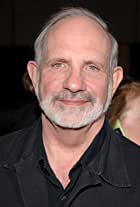
Brian De Palma
Birthdate – September 11, 1940 (84 Years Old)
Birthplace – Newark, New Jersey, USA
Brian De Palma is one of the well-known directors who spear-headed the new movement in Hollywood during the 1970s. He is known for his many films that go from violent pictures, to Hitchcock-like thrillers. Born on September 11, 1940, De Palma was born in Newark, New Jersey in an Italian-American family. Originally entering university as a physics student, De Palma became attracted to films after seeing such classics as Citizen Kane (1941). Enrolling in Sarah Lawrence College, he found lasting influences from such varied teachers as Alfred Hitchcock and Andy Warhol.At first, his films comprised of such black-and-white films as To Bridge This Gap (1969). He then discovered a young actor whose fame would influence Hollywood forever. In 1968, De Palma made the comedic film Greetings (1968) starring Robert De Niro in his first ever credited film role. The two followed up immediately with the films The Wedding Party (1969) and Hi, Mom! (1970).After making such small-budget thrillers such as Sisters (1972) and Obsession (1976), De Palma was offered the chance to direct a film based on Stephen King’s classic novel “Carrie”. The story deals with a tormented teenage girl who finds she has the power of telekinesis. The film starred Sissy Spacek, Piper Laurie and John Travolta, and was for De Palma, a chance to try out the split screen technique for which he would later become famous.Carrie (1976) was a massive success, and earned the two lead females (Laurie and Spacek) Oscar nominations. The film was praised by most critics, and De Palma’s reputation was now permanently secured. He followed up this success with the horror film The Fury (1978), the comedic film Home Movies (1979) (both these films featured Kirk Douglas), the crime thriller Dressed to Kill (1980) starring Michael Caine and Angie Dickinson, and another crime thriller entitled Blow Out (1981) starring John Travolta.His next major success was the controversial, ultra-violent film Scarface (1983). Written by Oliver Stone and starring Al Pacino, the film concerned Cuban immigrant Tony Montana’s rise to power in the United States through the drug trade. While being a critical failure, the film was a major success commercially.Moving on from Scarface (1983), De Palma made two more movies before landing another one of his now-classics: The Untouchables (1987), starring old friend Robert De Niro in the role of Chicago gangster Al Capone. Also starring in the film were Kevin Costner as the man who commits himself to bring Capone down, and Sean Connery, an old policeman who helps Costner’s character to form a group known as the Untouchables. The film was one of De Palma’s most successful films, earning Connery an Oscar, and gave Ennio Morricone a nomination for Best Score.After The Untouchables (1987), De Palma made the Vietnam film Casualties of War (1989) starring Michael J. Fox and Sean Penn. The film focuses on a new soldier who is helpless to stop his dominating sergeant from kidnapping a Vietnamese girl with the help of the coerced members of the platoon. The film did reasonably well at the box office, but it was his next film that truly displayed the way he could make a hit and a disaster within a short time. The Bonfire of the Vanities (1990) starred a number of well-known actors such as Bruce Willis and Morgan Freeman, however it was still a commercial flop and earned him two Razzie nominations.But the roller coaster success that De Palma had gotten so far did not let him down. He made the horror film Raising Cain (1992), and the criminal drama Carlito’s Way (1993) starring Al Pacino and Sean Penn. The latter film is about a former criminal just released from prison that is trying to avoid his past and move on. It was in the year 1996 that brought one of his most well-known movies. This was the suspense-filled Mission: Impossible (1996) starring Tom Cruise and Jon Voight.Following up this film was the interesting but unsuccessful film Snake Eyes (1998) starring Nicolas Cage as a detective who finds himself in the middle of a murder scene at a boxing ring. De Palma continued on with the visually astounding but equally unsuccessful film Mission to Mars (2000) which earned him another Razzie nomination. He met failure again with the crime thriller Femme Fatale (2002), the murder conspiracy The Black Dahlia (2006), and the controversial film Redacted (2007) which deals with individual stories from the war in Iraq.Brian De Palma may be down for the moment, but if his box office history has taught us anything, it is that he always returns with a major success that is remembered for years and years afterwards.

